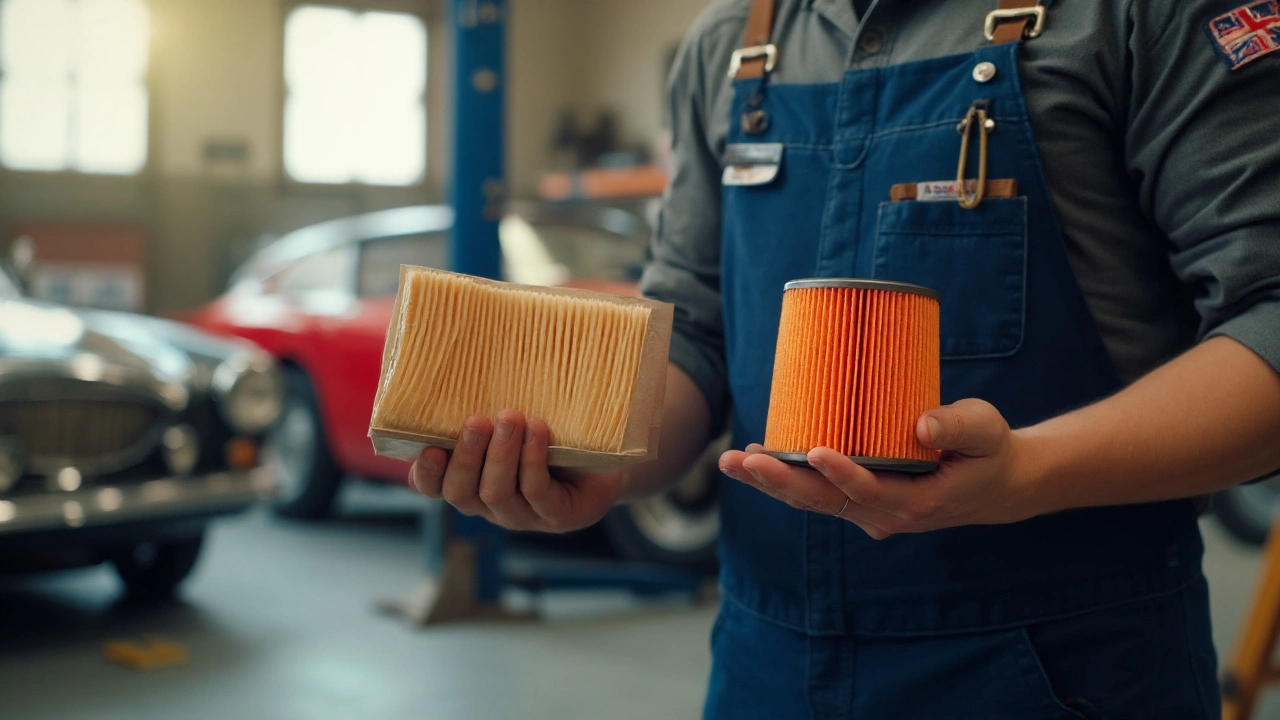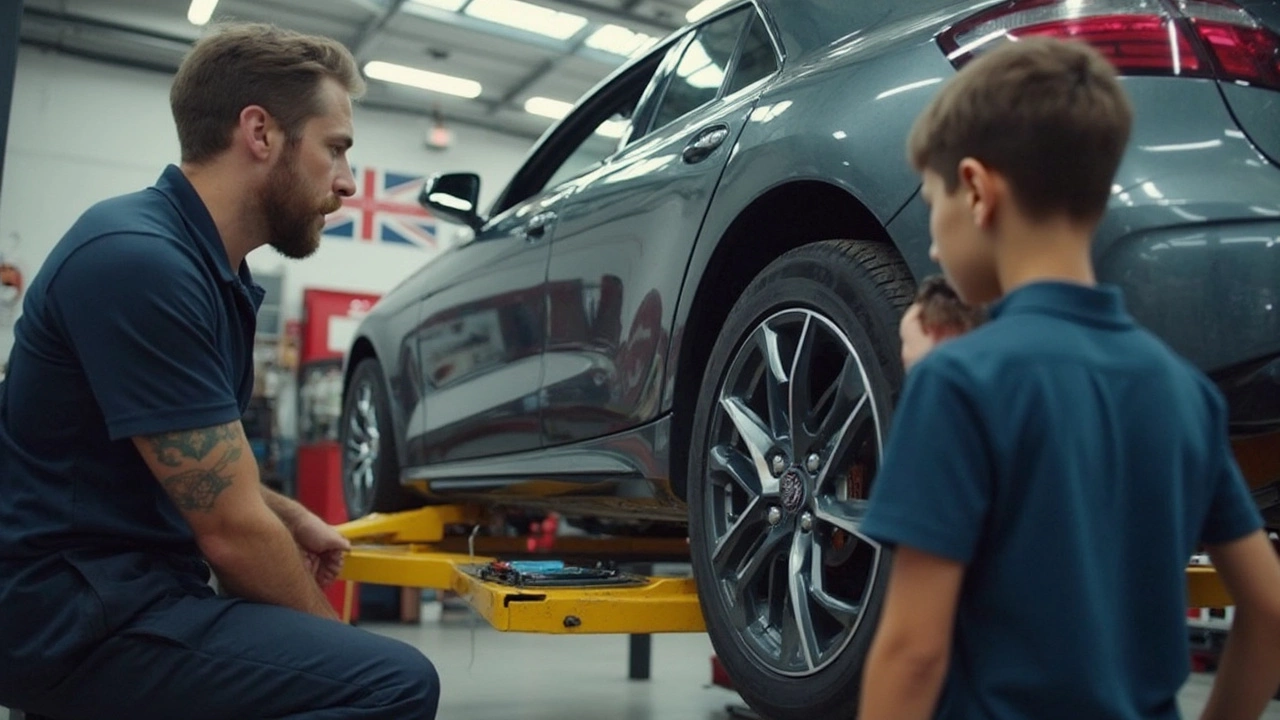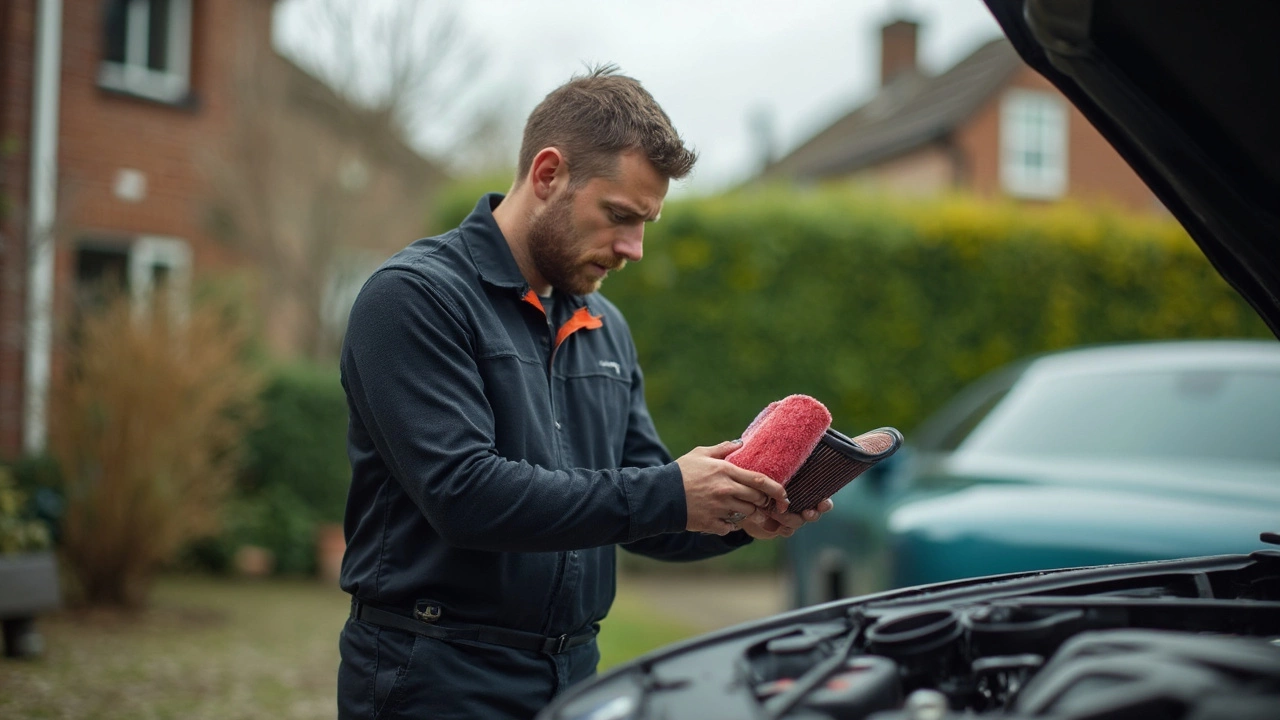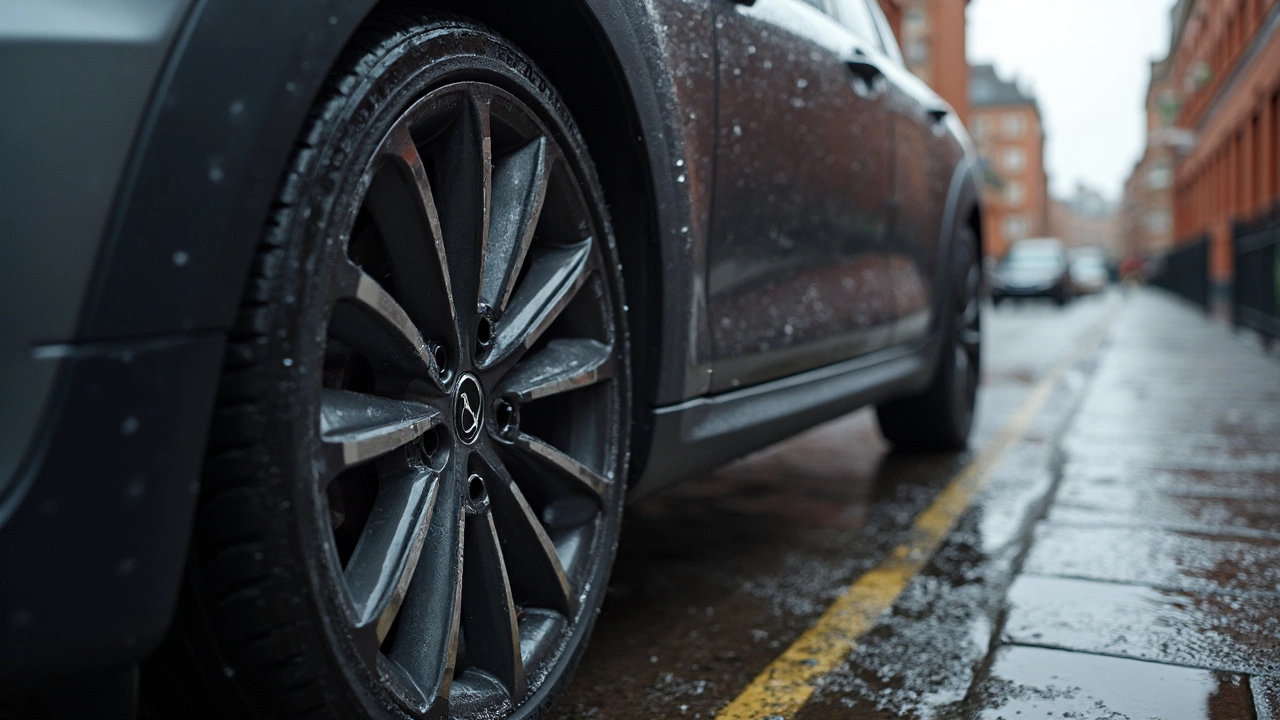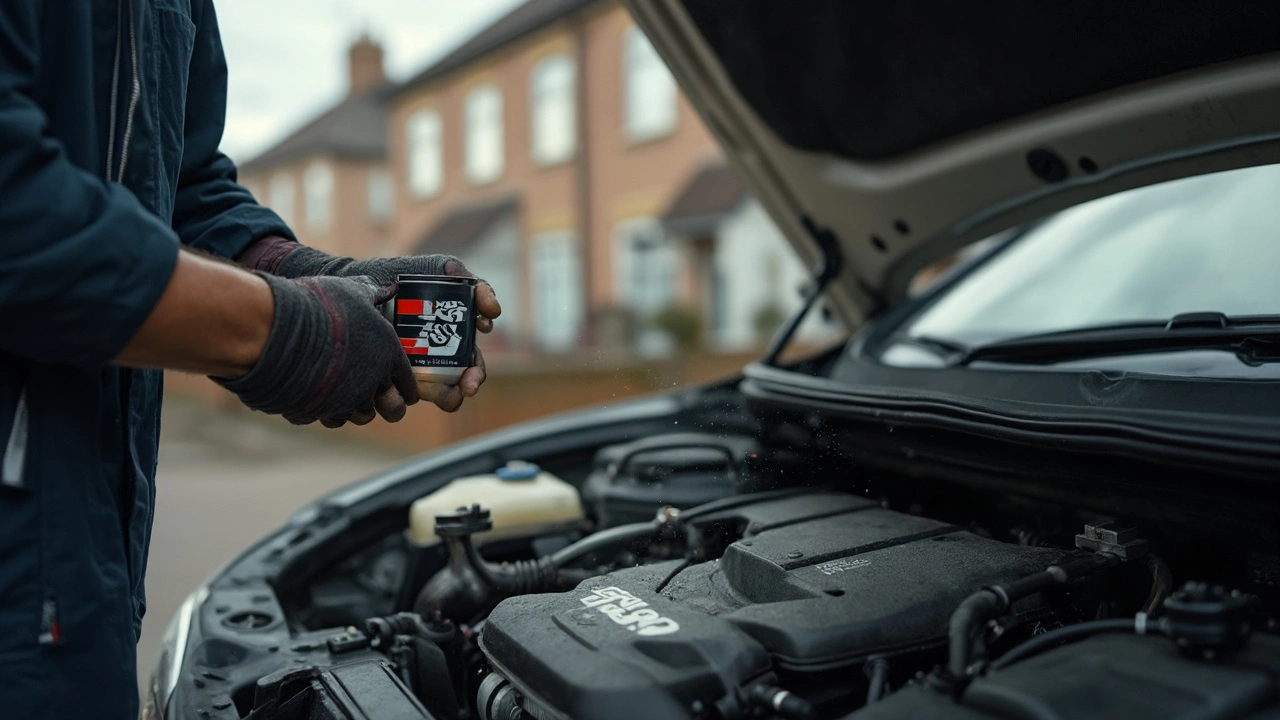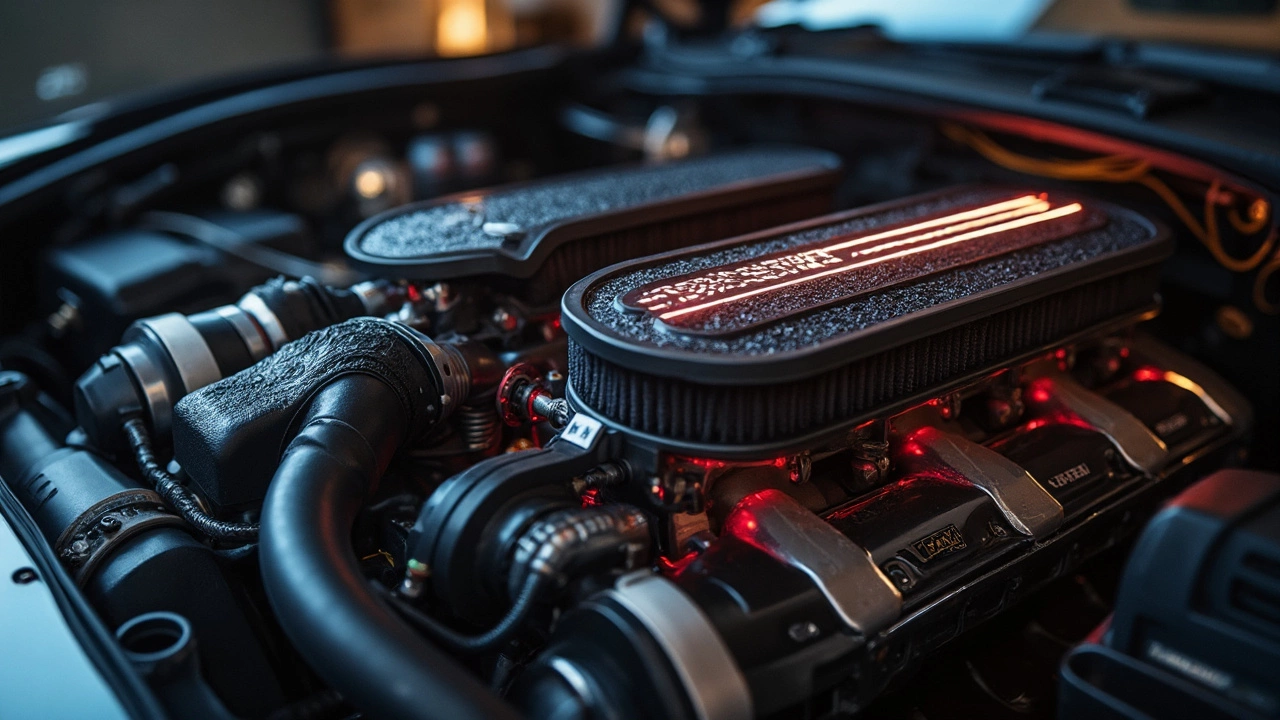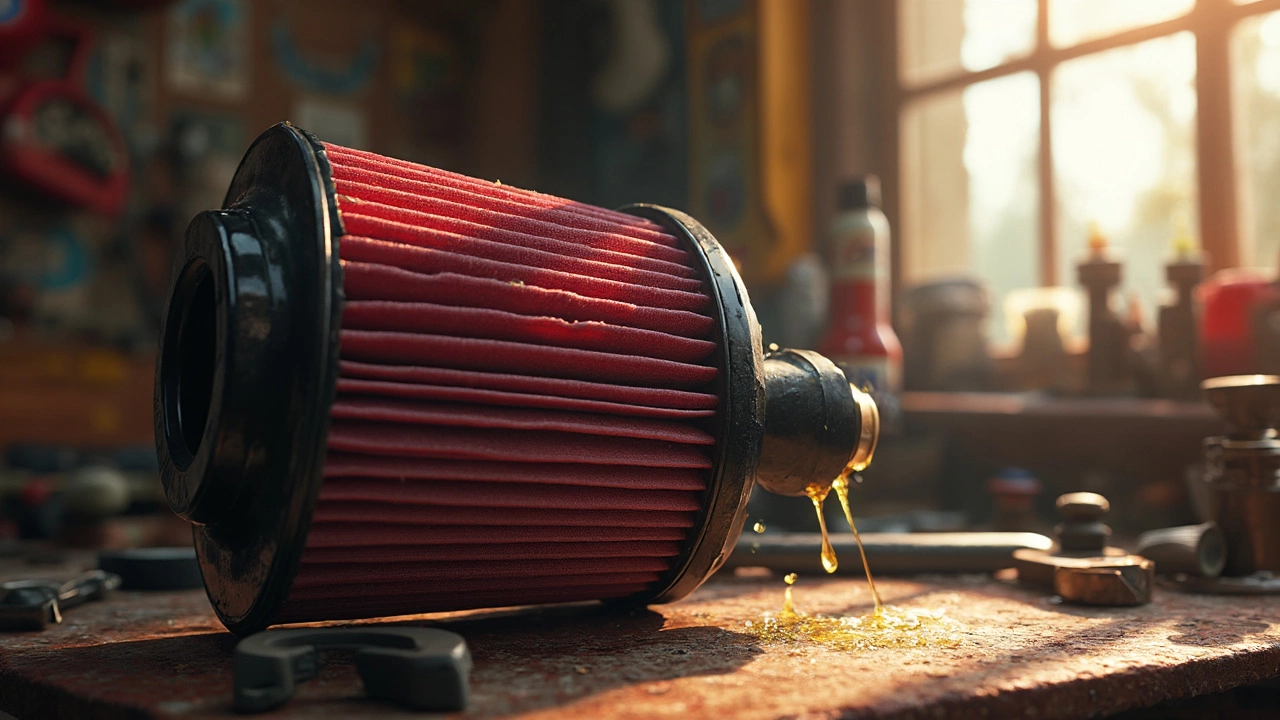Car Maintenance Essentials: Simple Tips to Keep Your Vehicle in Top Shape
Owning a car is fun, but it also means you have to look after it. Good maintenance doesn’t have to be expensive or time‑consuming. Below are real‑world steps you can start today to protect your paint, keep the interior fresh, and make sure the ride stays smooth.
DIY Detailing & Interior Care
First impression matters, so a quick wash and wax once a month does wonders for the finish. Use a pH‑balanced car shampoo, rinse with plenty of water, and dry with a microfiber towel to avoid swirl marks. For a glossy shine, apply a thin coat of high‑quality wax and buff it off after 10 minutes.
Inside the cabin, start with a vacuum to pull out dust and debris. A handheld brush works well for hard‑to‑reach spots under seats. For plastics and vinyl, spray a dedicated interior cleaner, wipe with a clean cloth, and finish with a UV protectant to stop fading. If you have leather, use a leather‑specific conditioner to keep it supple.
Suspension, Wheels, and Exterior Upkeep
Lowering springs give a sportier look, but they can affect ride comfort. Check the manufacturer’s recommended drop limit before you install anything. After fitting, do a short test drive and listen for any knocking sounds – that may mean the shocks need adjustment or replacement.
Wheel spacers are popular for a wider stance, but they change the steering geometry. Make sure the spacers are the correct thickness and that the lug nuts are torqued to spec. If you notice uneven tire wear, it could be a sign the spacers are too thick or not aligned properly.
Alloy wheels look great, yet they need the right cleaning products. Avoid harsh acids; instead, use a pH‑neutral wheel cleaner and a soft brush. Rinse thoroughly and dry to prevent brake dust from corroding the finish.
Carbon‑fiber parts are lightweight and strong, but they don’t like abrasive cleaners. A gentle soap solution and a soft microfiber cloth keep them shining. Avoid pressure washers on carbon fiber as they can cause micro‑scratches.
Window tint not only improves the look but also cuts heat. Choose a tint that complies with local regulations – most places allow up to 35% VLT for the front windshield. If you live in a sunny area, ceramic tint offers better heat rejection without affecting signal reception.
Regular maintenance also includes checking fluid levels, tire pressure, and brake pads. A quick visual inspection once a month can catch small issues before they become costly repairs. Keep a log of what you do – it helps track service intervals and can boost resale value.
By sticking to these simple steps, you’ll keep your car looking fresh and running reliably. No need for expensive workshops; most of these tasks can be done at home with basic tools and a bit of patience. Your car will thank you with better performance, lower running costs, and a longer lifespan.
How often should you fully detail your car? Find the ideal detailing schedule, clear benefits, and sneaky pitfalls of over- and under-cleaning from an honest human perspective.
Wondering if a better car air filter will really give you better mpg? Get the straight facts, useful tips, and everyday advice from real driver experiences.
Find out if alloy wheels need alignment and why it matters for your car’s health. This article explains what alignment does, signs it might be off, and why skipping this could cost you more than just tire life. Get practical tips for keeping your ride smooth and steering sharp. If you’ve ever hit a pothole or swapped to fancy rims, you’ll want these facts. Drive smarter, not harder.
Does a sport air filter actually hurt your engine, or is that just a myth? This article digs into how sport air filters really work, what risks they might bring, and how to keep your engine safe if you want more performance. We'll talk about everything from installation mistakes to overlooked maintenance. You'll get practical advice so you can make an informed choice about whether or not a sport filter is right for your car.
Alloy wheels can make your car look sharp, but scratches are a real headache for drivers. This article breaks down how easily alloy wheels can get scratched, what causes it, and how you can keep them looking good for longer. Find out if certain finishes are more prone to damage and learn tips to protect your rims from curb rash and careless mistakes. If you want to keep your wheels spotless without spending a fortune, these tips are for you. No fluff, just the facts drivers actually care about.
Wondering if you can use your old wheel nuts with new alloy wheels? This article spells out whether you really need special nuts for alloys, why it matters for your safety, and how the wrong choice can mean trouble. We break down the differences between steel and alloy setups, tips for spotting the right fit, and advice straight from hands-on experience. Save yourself from rounded nuts, loose wheels, and the headache of a wobbly ride. A must-read before swapping those wheels, especially if you’re doing it at home.
Wondering if alloy wheels always mean aluminum? This article explains the real difference between alloy and aluminum wheels, breaking down how each is made and why it matters for your car. Learn about how to spot the differences, why drivers care about the material, and get tips for choosing the right wheels for your needs. We'll also cover what makes aluminum wheels so popular and whether they're always the best choice. By the end, you'll have a clear idea of what you're really getting when you buy 'alloys.'
K&N filters are famous for boosting airflow, but lots of drivers worry they might mess with the car’s MAF sensor. This article breaks down what actually happens when you use oiled filters like K&N, how the MAF sensor works, and what real-world data says about filter problems. You’ll get practical tips on avoiding issues and learn when K&N filters make sense for your ride. Get clear facts instead of hype or myths. If you’re thinking about upgrading your air filter, this is the guide you need.
Ever wondered why K&N filters come with a hefty price tag? This article dives into the quality materials, innovative engineering, and performance enhancements that justify their cost. We'll explore the benefits of using K&N filters, from improved engine performance to long-term savings. Get tips on maintaining your filter for maximum efficiency, and learn about the unique features that set K&N apart from the rest.
Wondering whether you need to oil your K&N air filter? This article provides essential insights into the importance of oiling these filters to maintain their performance and efficiency. Learn about the benefits of oiling, how often it should be done, and common mistakes to avoid. Explore tips for keeping your K&N filter in top shape and extend its lifespan. Find out about alternative options if you prefer a low-maintenance approach.
This article delves into the practicality and efficiency of aftermarket air filters. Discover if these upgrades really enhance your car's performance or if they're just a gimmick. Learn about the benefits, potential drawbacks, and tips for selecting the right filter. This information is essential for car enthusiasts and anyone interested in optimizing their vehicle's performance.

